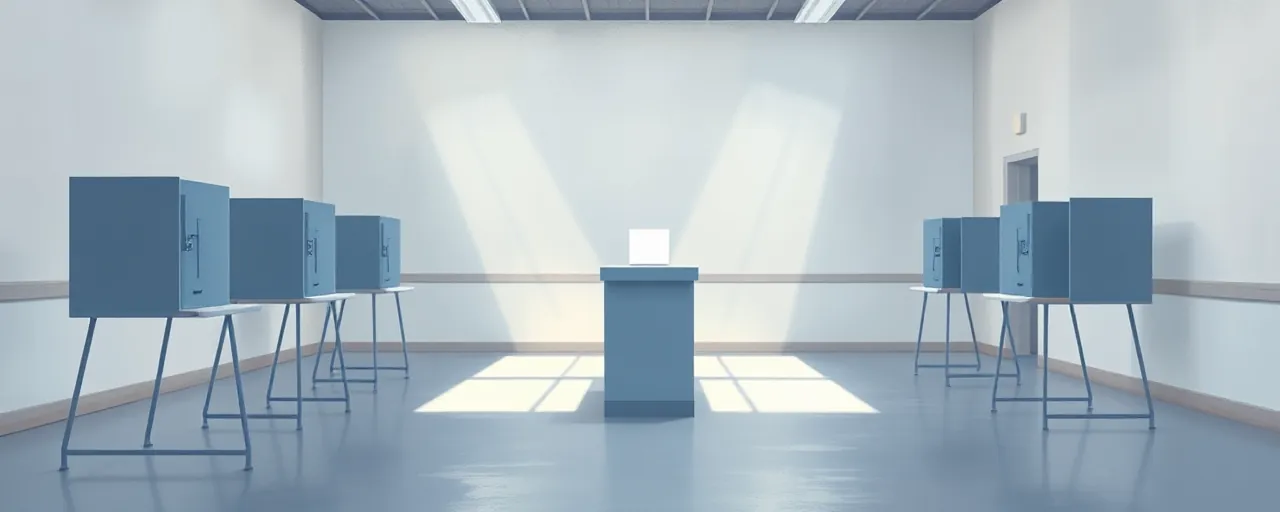A State Steps Forward
In Delaware, efforts to make voting easier have gained traction. The state has rolled out same-day voter registration, no-excuse absentee voting, and expanded early voting, aiming to ensure more people can cast their ballots. These moves reflect a broader push to strengthen democratic participation at a time when access to the vote feels precarious for many.
Governor Matt Meyer has voiced a commitment to protecting democratic values in Delaware, emphasizing tangible change. His focus comes as states across the U.S. grapple with uneven approaches to election laws, creating a patchwork of access that varies widely from one border to the next.
Yet Delaware’s progress has not been without setbacks. Court rulings in 2022 and 2024 struck down measures like early in-person voting and permanent absentee voting, leaving the state scrambling to restore these options. For voters, these reversals underscore the fragility of hard-won gains.
A Nation at a Crossroads
Nationally, the landscape for democracy is fraught. Efforts to undermine election integrity have intensified, with tactics ranging from spreading false information to targeting election officials. The FBI and other agencies have worked to counter disinformation, but proposals like Project 2025 could limit their ability to flag misleading narratives, raising concerns about unchecked misinformation.
Political polarization has deepened the divide, stalling federal action on voting rights. Congress, bogged down by partisan gridlock, has failed to pass major reforms, leaving states to fill the gap. While some states expand access, others have tightened rules, with at least 31 states passing 114 restrictive voting laws since 2013, often impacting voters of color and younger people most.
The erosion of democratic norms is not new. Historical periods like Reconstruction and the Jim Crow era saw similar struggles over who gets to vote and how. Today’s challenges, from disinformation campaigns to executive overreach, echo those past cycles, though the digital age amplifies their reach and speed.
Voices on the Ground
In Delaware, advocacy groups like the ACLU are pushing for legislative and judicial fixes to restore voting access. Their work highlights a grassroots determination to keep democracy inclusive, even as national trends raise alarms. For many voters, these state-level efforts feel like a lifeline in a turbulent political climate.
Nationally, election officials face unprecedented pressure. Turnover has spiked as threats and harassment drive experienced administrators out. Nonpartisan voter registration groups, often critical to engaging new voters, have also been targeted, with some states imposing harsh penalties for minor errors.
Yet there’s resilience too. Legal challenges have blocked some restrictive laws, and advocacy for federal legislation, like the John R. Lewis Voting Rights Advancement Act, persists. These efforts aim to restore protections weakened by the 2013 Supreme Court decision that gutted parts of the Voting Rights Act.
Looking Ahead
Delaware’s push to expand voting access reflects a broader truth: states are often where democracy’s battles are fought when federal action stalls. While the state’s reforms offer a model for inclusivity, the national picture remains complex, with disinformation, polarization, and legal barriers testing the system’s resilience.
For everyday voters, the stakes are clear. Access to the ballot shapes who has a say in the future. As Delaware and other states navigate these challenges, the question remains whether local efforts can hold the line for democracy in a deeply divided nation.
